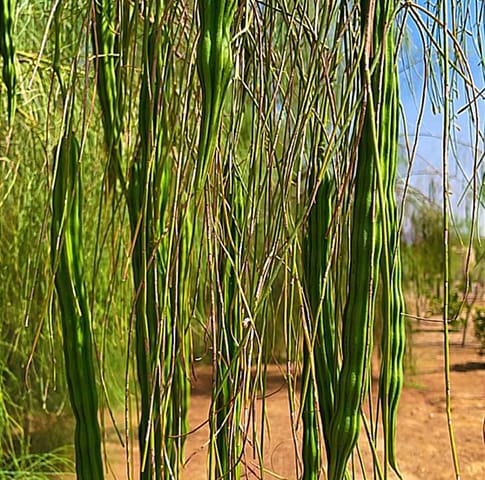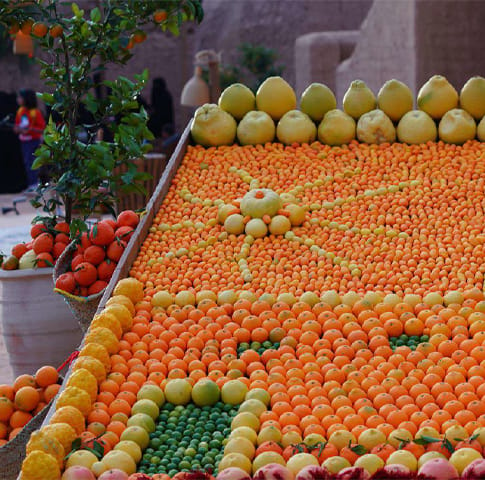Compost offers several advantages for your farm:
• Improved soil structure: compost enhances soil texture, creating better aeration and drainage for healthier root development
• Enhanced water retention: compost helps the soil retain moisture, reducing the need for frequent irrigation and conserving water resources
• Increased nutrient content: compost provides essential nutrients for plant growth, leading to stronger, more productive crops
• Boosted crop yields: by improving soil health and providing vital nutrients, compost contributes to higher crop yields and improved quality
• Sustainable farming practices: using compost supports environmentally friendly agriculture by recycling local waste and reducing the need for synthetic fertilisers






